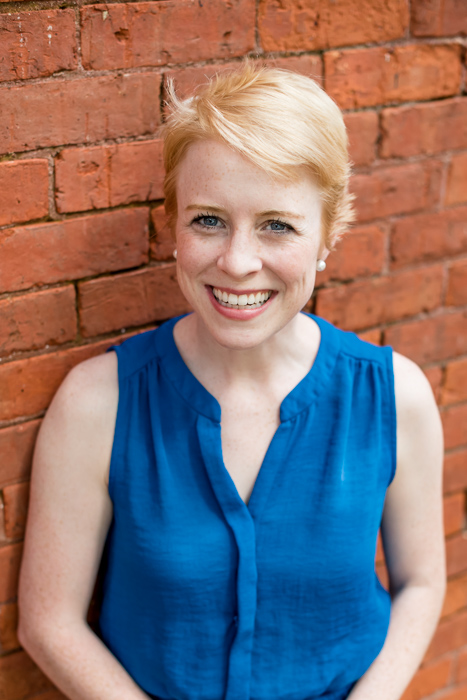When your child is struggling in school, you want to get to the root of the issue as quickly as possible. Nowadays there is more awareness about a wide spectrum of learning problems. Most teachers receive some training about the major diagnoses, and educational psychologists have a full toolkit of diagnostic assessments. Once you have a name for the symptoms you are seeing, plans can be made to ensure that the education provided is appropriate for a child’s needs.
But what happens if you suspect that the diagnosis your child receives is the wrong one?
ADD (Attention Deficit Disorder) is a familiar term to most parents. ADD diagnoses have been on the rise for the last few decades. However, there is a lesser known disorder, with a similar list of symptoms, which may be overlooked: APD (Auditory Processing Disorder).
APD may initially present as an attention deficit issue, but in reality it has nothing to do with a child’s ability to sit still. Rather, APD stems from a weakness in the ability of the brain to process the sounds it receives. This specific weakness can be either acquired through brain injury or illness, or genetically inherited.
Symptoms
ADD and APD share a number of symptoms, such as:
- Struggling to focus in a noisy environment
- Fidgety and easily distracted
- Showing some aggression or even isolation socially
- Difficulty following directions
- Lower academic performance
- Zoning out in a conversation
Each of these external symptoms has a different internal cause, depending on the diagnosis. Both can in turn cause reading problems, and both appear in the Main Causes of Reading Difficulty book as significant causal factors..
Children with ADD struggle with the above symptoms because there is insufficient activity in the frontal lobe to regulate the strong neuronal activity in the cerebral cortex. Without the necessary control over the cerebral cortex, the activity there is just unregulated ‘brain noise’ of neuronal chaos.
Children with APD, on the other hand, struggle with these symptoms because the world around them sounds ‘foggy’ or unclear. A child with APD will have perfect hearing; the problem lies in the brain’s interpretation of incoming sounds, not the hearing mechanism itself. You can imagine how not being able to properly understand what people are saying could lead to all of the above behaviors, and then some!
How can I tell if it’s really APD?
Auditory Processing Disorder leads to some symptoms which a child with ADD alone would not generally exhibit.
- APD symptoms are worse in a noisy environment than they are in a quiet one, while a child will ADD will not have varied symptoms based on environment.
- May be highly sensitive to sounds around them. So even in a quiet environment, a child with APD might be unduly bothered by the ticking of a clock or the whirring of a dishwasher. They may get very upset in places with particularly loud noises like a shopping mall or movie theatre.
- May show signs of being hard of hearing even though hearing tests normal. May often say ‘huh?’ or ‘what?’, or mishear something. For example, they might hear ‘Can you hand me your red coat?’ as ‘Can you find me an old goat?’ A child with ADD would generally not show these patterns.
- Children with APD may have been speech delayed or have pronunciation issues.
- Children with APD often struggle to blend sounds when learning to read and may struggle to learn to read phonetically.
- Will often have social challenges, misinterpreting or missing social cues.
Some researchers have found that ADD and APD may co-occur in the same child, which of course makes puzzling out the situation that much more difficult!
Assessment
If your child has been given a diagnosis of ADD, but you suspect that her symptoms better match the APD profile, you can visit an audiologist for an APD screening. If a diagnosis is obtained, then there are a variety of treatments available. Treating APD varies widely from child to child, and may involve auditory integration training, phonics programs that use Guided Phonetic Reading, cognitive or brain training programs, neurofeedback, and more.
For more information on APD, see:
- www.capdsupport.org
- www.apduk.org.uk
- Facebook support community: www.facebook.com/groups/14521230810
 Sarah Forrest is a Program Advisor for David Morgan Education and contributor at helpingchildrentoread.com. She joined DM Ed in Oxford, England after studying Spanish lit at Yale University. She now lives in the sunny south of the United States with her two children, where she coaches parents and children through trainertext visual phonics.
Sarah Forrest is a Program Advisor for David Morgan Education and contributor at helpingchildrentoread.com. She joined DM Ed in Oxford, England after studying Spanish lit at Yale University. She now lives in the sunny south of the United States with her two children, where she coaches parents and children through trainertext visual phonics.
